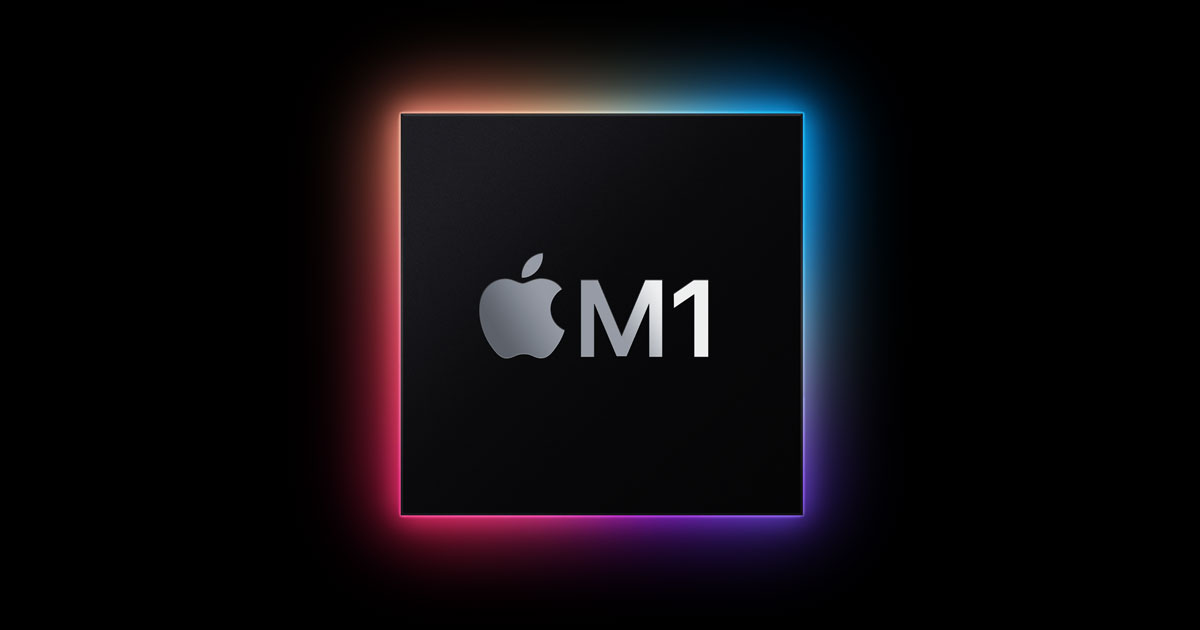iPhone 13 and next-gen MacBook chips lined up for production – and the M2 could be a LOT more powerful
TSMC will build the new M2 chip using its more advanced 4nm process, which could mean a leap forward


A report confirmed that Apple has booked capacity with Taiwanese-based TSMC to produce its next-generation processor, which we'll assume will be the 'M2', which could start in the final quarter of 2021. TSMC is also said to be building the new iPhone chip, dubbed the A15, due to feature in the iPhone 13, expected later this year.
While it’s no surprise that the A chip for the new iPhone is starting production in the next few months, we didn't really know what kind of schedule we might expect for new Mac chips until now. This suggests that while we might just be looking at a yearly update to the likes of the MacBook Air (M1, 2020) or MacBook Pro 13-inch (M1, 2020), the more likely time-frame might be somewhere between 12 and 18 months.
Assuming current rumours hold, it seems unlikely that these will be the chips for the rumoured upcoming 14-inch MacBook Pro or new redesigned iMac. Those new machines are said to be launching within the next few months with a new M1X chip more powerful than what's in the MacBook Air or Pro.
- Apple WWDC announced: iPhone, Apple Watch, iPad updates coming June 7
- Google Maps is getting these big upgrades Android and iPhone users will love
- Does this Samsung Note 21 Ultra video reveal 2021's biggest smartphone secret?
The M1 Silicon chip, which was also produced by TSMC, was Apple’s first non-Intel CPU in its computers in 15 years. The M1 Silicon chip is unusual in PCs in that it is a single system on a chip (SoC), including the CPU, GPU, Cache and RAM. Combining all this on one chip in a custom architecture is one of the reasons it can offer such impressive performance.
The interesting thing about this report, from Digitimes, is that it says Apple can use TSMC's new 4nm production process for the new chips. “TSMC will move N4 (namely 4nm process) to volume production in the fourth quarter of 2021, ahead of the 2022 timeframe set previously, according to sources at fab toolmakers.”
At the moment, the most advanced chips use 5nm production – moving to 4nm means the transistors are smaller, which means you can fit more of them in the same space while also boosting power efficiency. That means you can make the chips more powerful without making them larger, and without increasing heat or power consumption (which is one of the advantages of the M1 chips).
The A14 chip is used in the iPhone 12, iPhone 12 mini, iPhone 12 Pro and iPhone 12 Pro Max, as well as the iPad Air. The A series of chips have long been produced by TSMC and it looks like the new model – expected to be the A15 – will be no different, however it will go into production too early to use the new 4nm process.
Get all the latest news, reviews, deals and buying guides on gorgeous tech, home and active products from the T3 experts

As T3's Editor-in-Chief, Mat Gallagher has his finger on the pulse for the latest advances in technology. He has written about technology since 2003 and after stints in Beijing, Hong Kong and Chicago is now based in the UK. He’s a true lover of gadgets, but especially anything that involves cameras, Apple, electric cars, musical instruments or travel.